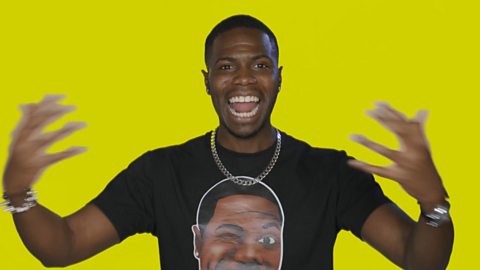When you are thinking of what career you might want to do, it can help if you see role models you identify with. Sometimes it may feel like there are barriers into certain jobs - like your gender, race, sexual orientation, disability or class background.
Whilst some employment sectors in the UK are less diverse than others at the moment, the good news is there are lots of people out there breaking down barriers into their dream profession. ôÕÑ¿å¥éá Bitesize has been chatting to some of them.

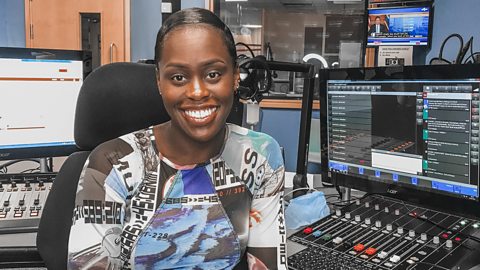
Aminata - radio presenter
Aminata Kamara is from a black, working class background. She studied Drama at university. Four years ago, she landed her dream job presenting a weekly local radio show. There are low numbers of journalists from BAME (black and minority ethnic) and lower socio-economic backgrounds working in the UK.
Aminata says: ãSomeone told me about an audition for a new presenter on a Wednesday evening show targeted at a young black audience. Iãd never done anything in journalism before, but I thought it was a great opportunity to get back into the creative industry.
You deserve to be seen regardless of who you are and where you come from.
ãI was shortlisted and ended up winning and got my own show! Going into radio and journalism, thereãs a lot of work that goes on in the background. I had to learn a lot. It has been a brand new process for me, but I like the opportunity to give a platform to unheard voices.
ãI want to [remove] this barrier where certain industries and platforms seem too big and too unreachable. I know my experience was very unique, but the fact that big media companies are willing to [hold these talent searches] shows there are non-traditional routes into jobs.ã


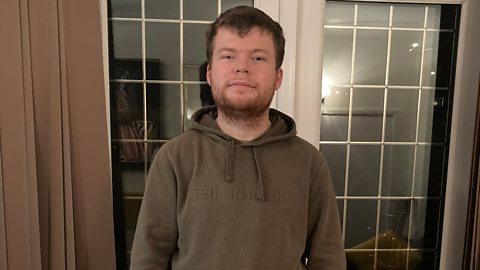
Mikey - finance assistant
Mikey works in the finance department of a housing association. He has severe autism. In the UK the employment rate for disabled people is lower than for non-disabled people. It is often referred to as the Disability Employment Gap. For autistic people, that employment gap is even wider. But Mikey hasnãt let that stop him getting a job and living an independent life.
He says: ãWhen I left school I wanted to work outdoors. I spent three years at college studying Countryside Management but when I left college I spent a year unemployed.
Donãt be afraid to accept help and try new things.
ãI then managed to get a placement on a supported internship. It was everything I thought I did not want to do - working in an office with lots of travelling. My mum has always encouraged me to try new things [so]ãÎ I decided to give it a go.
ãWhen I got to know the people and the work, I actually enjoyed it. Within six months the manager asked me if I wanted a permanent job and supported me through the interview process.

ãI have managed to make enough money to live independently and buy my own placeãÎ The only way I could have done this is by getting a job. My parents help me a lot still by helping me understand how to clean my house, pay the bills and cope with difficult situations with other people.ã
Mikey says: ãDonãt try to hide [your autism]. Know your strengths - like you work hard [and] see things differently. Think about what you are interested in or what you are good at. It is really important to open your mind and try other jobs through internships [and] volunteering.ã
I was always good at numbers but had never thought about finance.

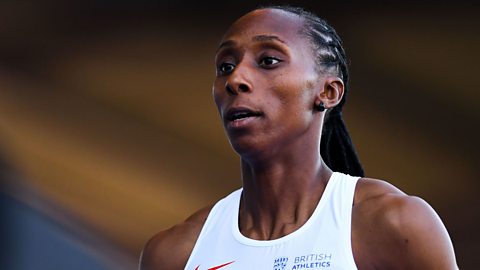
Corinne - British athlete
Corinne Humphreys is a British sprinter. The number of openly gay professional athletes has been increasing in the UK, but is comparatively low worldwide. Corinne came out in 2017 and competed in the Commonwealth Games 2018, where fewer than half a per cent openly gay athletes took part.
Corinne says: ãI have known from an early age that I was gay. I came out to family and friends when I was 17. I came out within sport when I was 25.ã
Corinne says not being open about her sexuality held her back in her career: ãMy early journey in sport was very sporadic. I would always have bouts of doubt in my ability to become my best self and that manifested physically.
I have felt a sense of [belonging] since being out.
ãIt was only when I came out that I started to really excel in my sport. How I navigated the sporting world was free and comfortable and authentic once I came out.ã
If you are considering a career as a professional athlete - or in the health and fitness sphere - Corinne says: ãLGBTQ+ people have a unique quality when it comes to sports. We have gone through a journey of self realisation. That quality can translate nicely to everyone: to become the person you want to be. That message is so key in health and fitness.ã


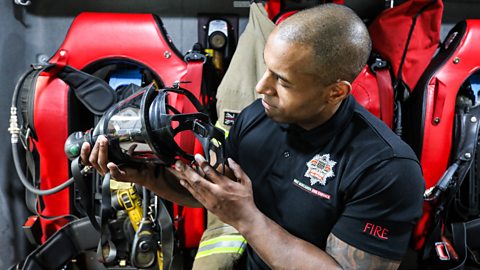
Marvin - firefighter
Marvin is a firefighter in the West Midlands. Ethnic minority groups are underrepresented in the fire and rescue service in England.
Marvin says: ãThere werenãt many Afro-Caribbean or Asian firefighters when I joined. But, before I joined, by chance I came across another black firefighter - he was my first role model within the fire service. He was really positive about the job, he encouraged me and gave me guidance about the application process. That was massively important.ã
ãI love the camaraderie, the teamwork and working within a ãwatchã [a shift pattern each firefighter gets assigned to]. The team bonding is quite special. You get to know people, and their strengths and weaknesses.
The one thing Iãm most proud about - being born and bred in Brum [Birmingham] - is the difference we make in [our] community.
ãThereãs also a sense of achievement - efficiently performing a rescue or going out to a vulnerable personãs home and providing fire safety advice and smoke alarms. Itãs not just always fighting fires. We do a lot of prevention work, which includes school visits and home safety checks, or out in the community doing talks and coffee mornings.ã
ãGoing forward [we are] looking to get more Asian, black and female firefighters, to truly represent the West Midlands.ã If you are thinking of a career in the fire service, Marvin says: ãItãs definitely a job for you. Itãs a career that offers a lot and is really relevant for people from a lot of different backgrounds.ã


Neurodiversity at work: It takes all kinds of minds. collection
ôÕÑ¿å¥éá Bitesize Careers brings together a collection of job profiles showcasing neurodiverse people rocking their day-to-day jobs.

Meet three young women who worked behind the scenes creating the Manchester Pride Festival 2019.
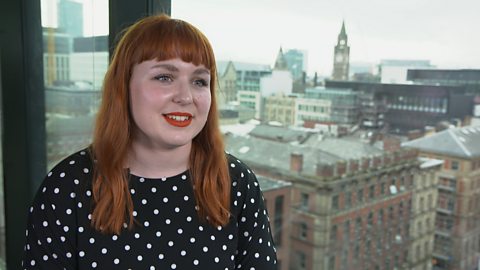
The secrets to success. video
Watch young entrepreneurs give us the inside wire on what has worked for them.
